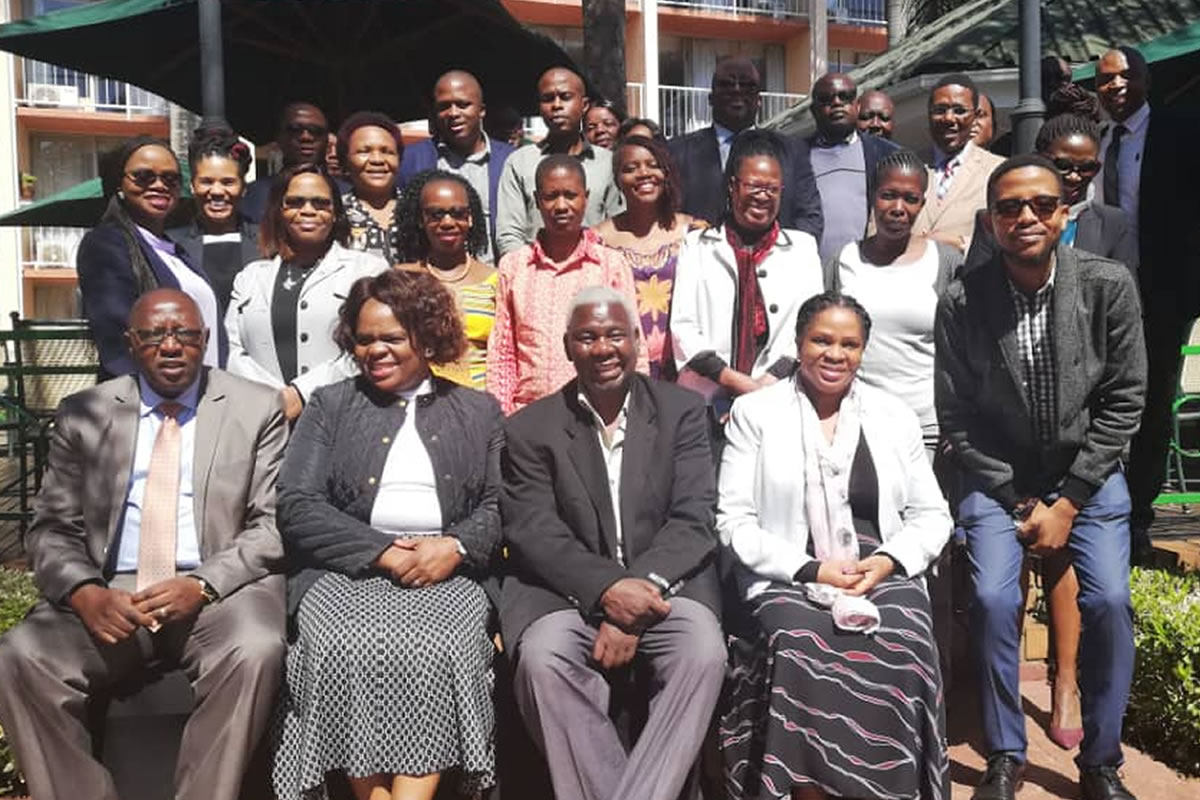After an intense but rewarding three-day meeting (9 to 11 September 2019), the Kingdom of Eswatini finalised the drafting of their state party report to the African Commission on Human and Peoples’ Rights (African Commission). This after over a decade of non-compliance with the state party obligation under article 62 of the African Charter on Human and Peoples’ Rights (African Charter) and article 26(1) of the Protocol to the African Charter on Human and Peoples’ Rights on the Rights of Women in Africa (Maputo Protocol).
The Ministry of Justice and Constitutional Affairs and the Department of Gender in the Deputy Prime Minister’s Office with the support of the Women’s Rights Unit of the Centre for Human Rights, University of Pretoria, has been working on the report since April 2019, through a series of trainings and drafting workshops, which concluded with this meeting to validate the final state party draft report. The report is expected to be tabled before cabinet for final review before submission to the African Commission.
State party reporting is an essential component in monitoring the implementation of the African Charter and the Maputo Protocol. Generally, state party reporting serves a number of crucial functions that include:
- stock-taking of the concrete steps undertaken by ratifying states towards compliance with treaty obligations,
- identifying problems and challenges to full implementation of treaty obligations,
- providing an opportunity for constructive engagement with the African Commission in order that state parties may benefit from concluding observations and recommendations.
For more on information the Centres state party reporting work, please visit https://www.chr.up.ac.za/wru-projects/state-reporting
For more information about state party reporting under the Maputo Protocol, please visit the Centre’s virtual platform on state party reporting
http://www.maputoprotocol.up.ac.za


